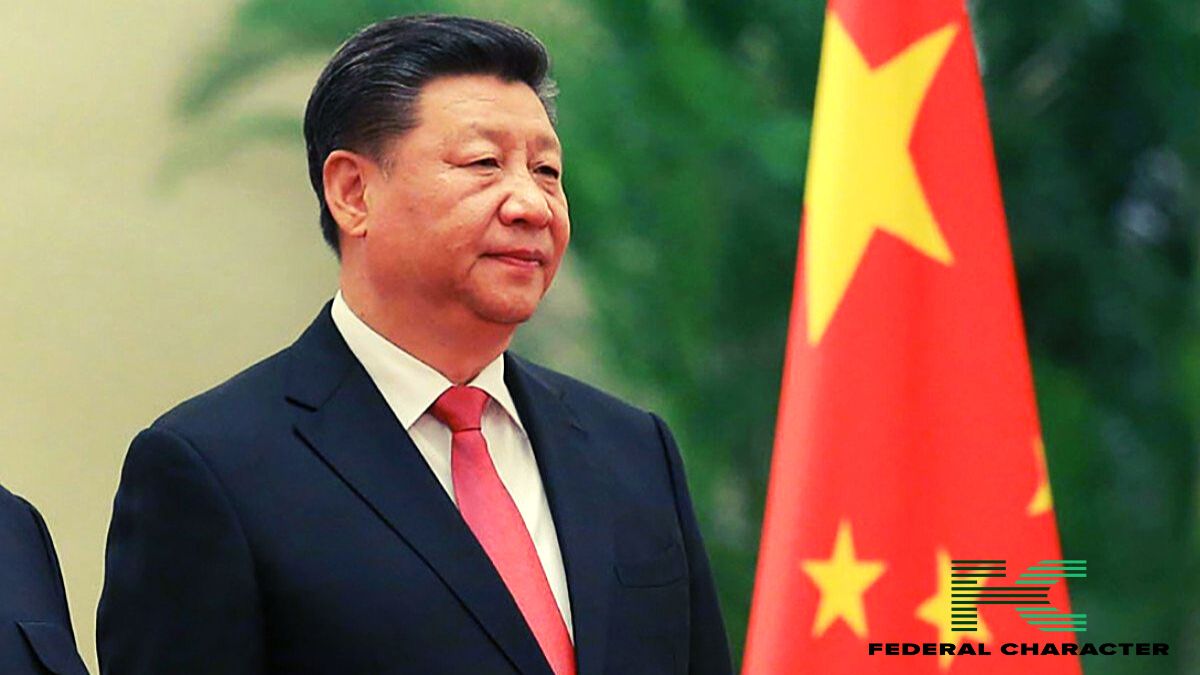Chinese President Xi Jinping has emphasized the need for a “solid” security barrier to be established around China’s internet, supervised by the ruling Communist Party. Xi’s latest call aims to protect online data and information within the country. During a two-day cybersecurity meeting in Beijing, which concluded on Saturday, Xi instructed officials to persist in managing, operating, and ensuring internet access in compliance with the law.
Xi was cited by the state-run Xinhua news agency, saying, “We must adhere to the Party’s management of the internet and adhere to (the principle of) making the internet work for the people.” Over the past decade, Xi has prioritized maintaining security, extending the concept to cover various aspects such as politics, the economy, the environment, and cyberspace. In 2015, China enacted a national security law with an expanded scope that encompassed cyberspace. Subsequently, a law was passed in 2016 that introduced requirements for security reviews and mandated data storage on servers located in China.
In 2021, China introduced regulations concerning critical information infrastructure. Furthermore, lawmakers updated anti-espionage legislation this year to prohibit the transfer of information related to national security and broaden the definition of spying. However, companies operating in China face risks as they navigate the intricate network of rules and laws governing online data and information. In April, the Shanghai office of U.S. consultancy firm Bain & Co was visited by police who questioned staff and confiscated computers and phones, according to sources cited by the Financial Times.
Regulators also instructed Wind Information Co, China’s largest financial data provider, to cease supplying certain data to offshore users last year. Additionally, in 2021, Chinese authorities initiated a cybersecurity investigation into ride-hailing giant Didi Global just two days after its U.S. IPO.














